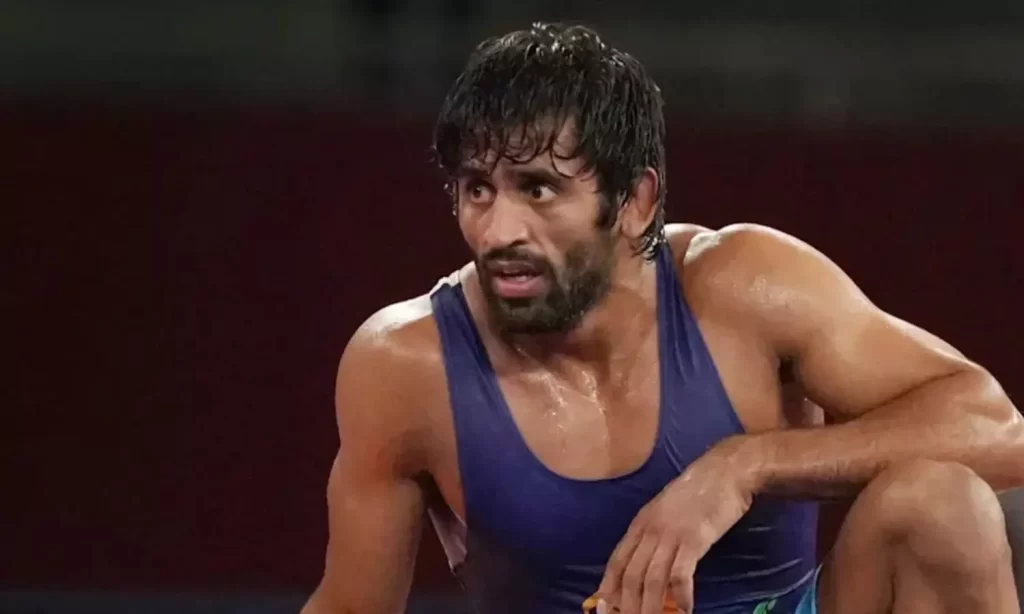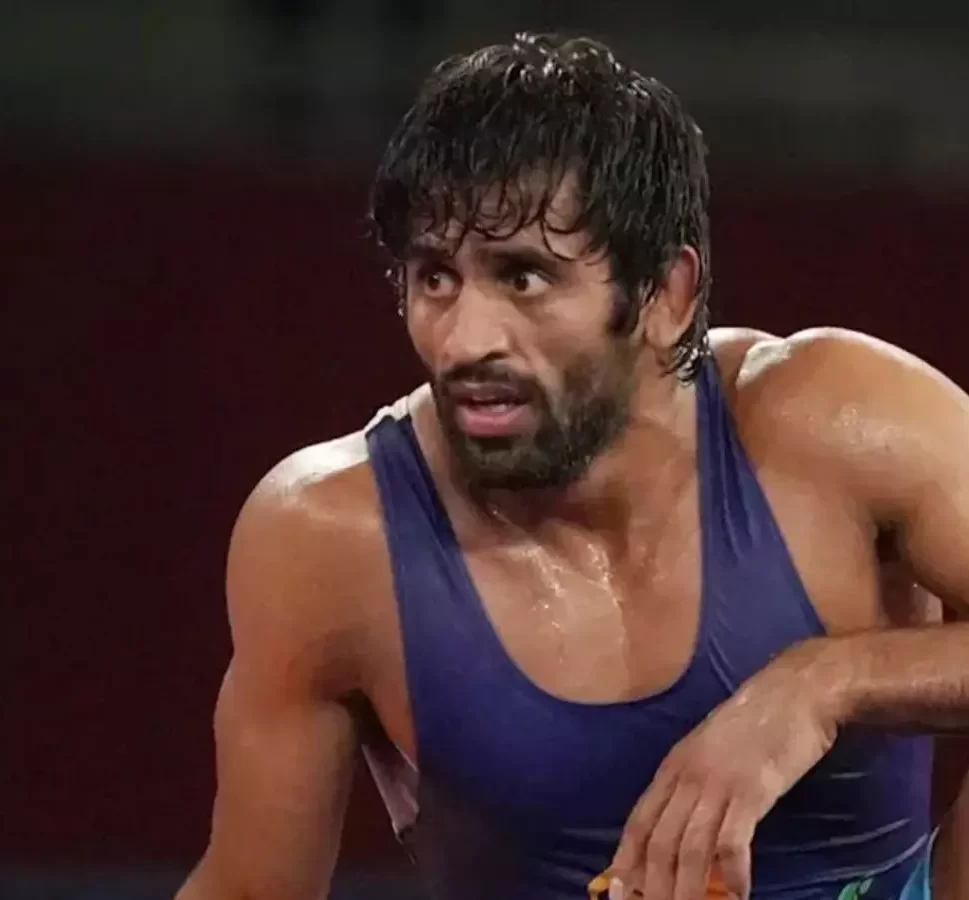
India’s Olympic medal-winning wrestler Bajrang Punia, who took part in protests against the country’s former wrestling body chief in 2023, has been banned for four years for avoiding a doping test.
Punia, 30, who won bronze at the Tokyo Olympics, had been provisionally suspended for refusing to provide a urine sample to national anti-doping agency (NADA) officers in March.
Punia contested the charges and the suspension was initially lifted, but he has since been handed a ban, according to a NADA statement on Tuesday.
Punia has maintained his innocence, saying he did not refuse testing but was wary of what he said was an expired kit that officials brought to take his sample.
Many of India’s top wrestlers led a noisy sit-in protest in New Delhi against the then-chief of the Wrestling Federation of India, Brij Bhushan Sharan Singh, a politician from Prime Minister Narendra Modi’s ruling party.
The protesting wrestlers demanded Singh’s removal over allegations of groping female athletes and demanding sexual favours from them.
The 66-year-old denied all charges and claimed he was the victim of a conspiracy to force him out of parliament.
Punia alleged the testing ban was part of Singh’s revenge for his protests.
Wrestling is hugely popular in rural northern India, and star athletes saw a wellspring of public support.
Punia, along with fellow protest wrestler and Olympian Vinesh Phogat, have since joined the opposition Congress Party.
The World Anti-Doping Agency says India recorded the world’s highest number of drug cheats in 2022 – the latest year for which figures are available.
India was the only country to have more than 100 positive results, with countries that tested more athletes such as China, the United States and Russia producing fewer violations.






